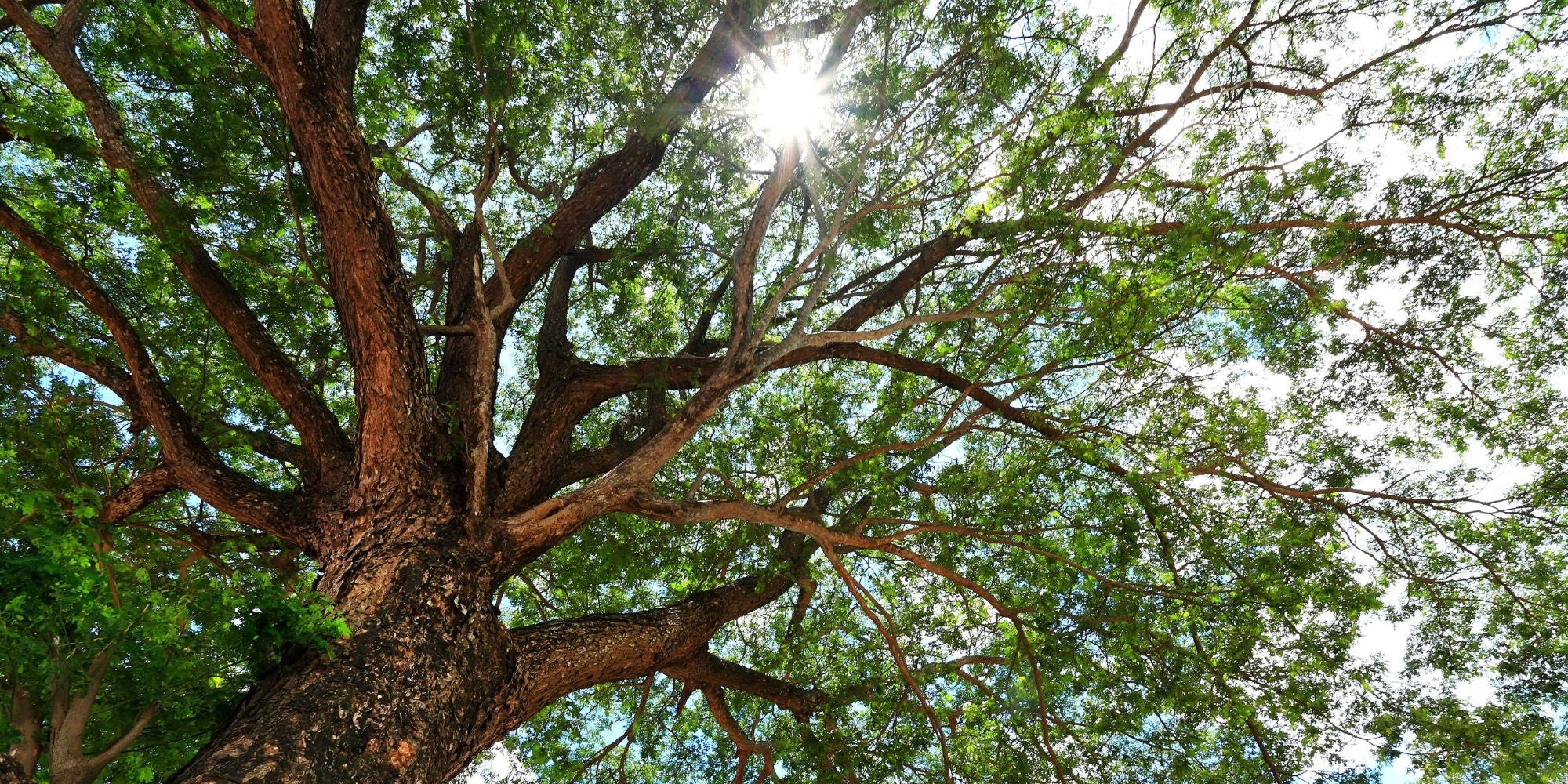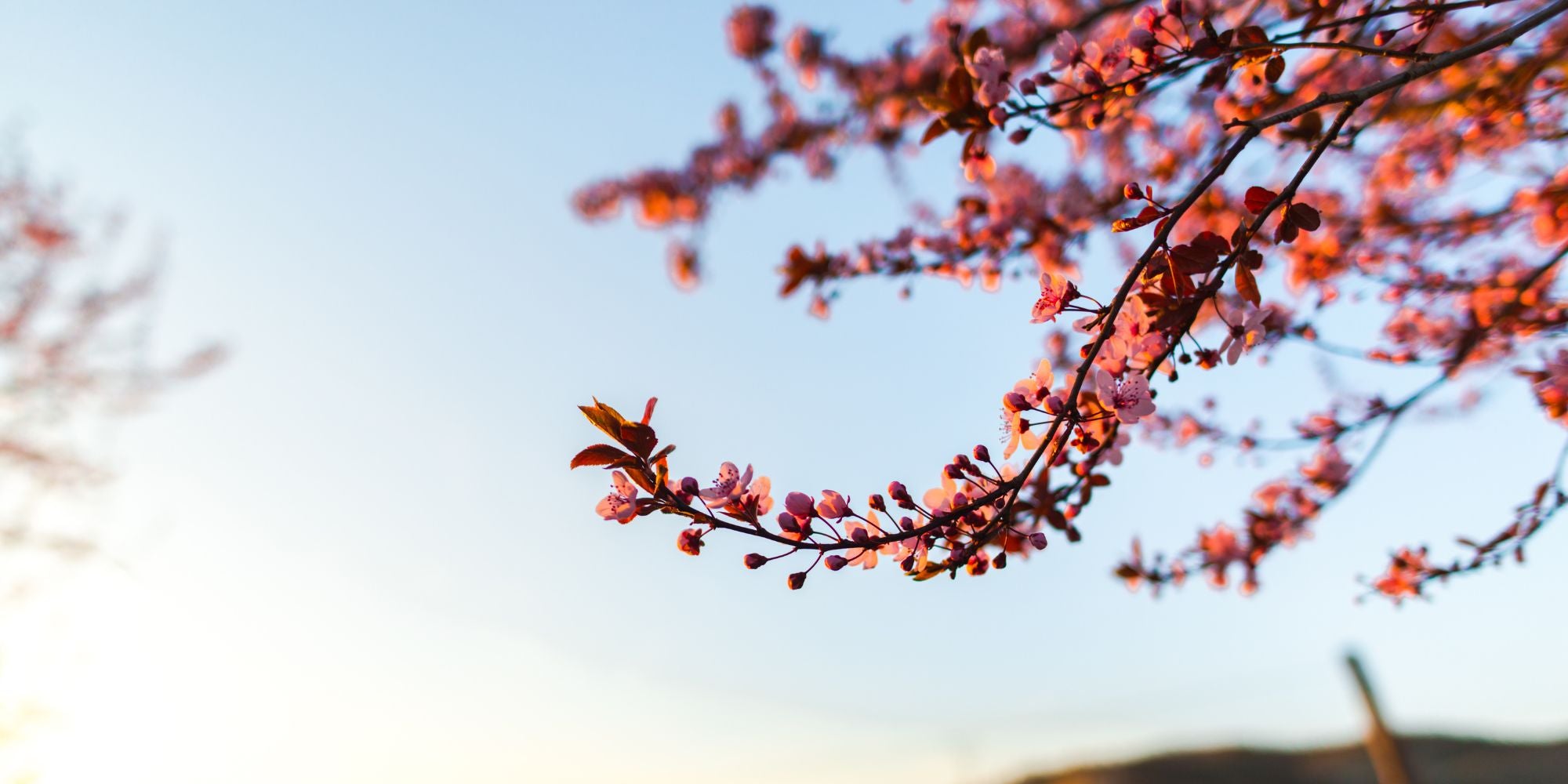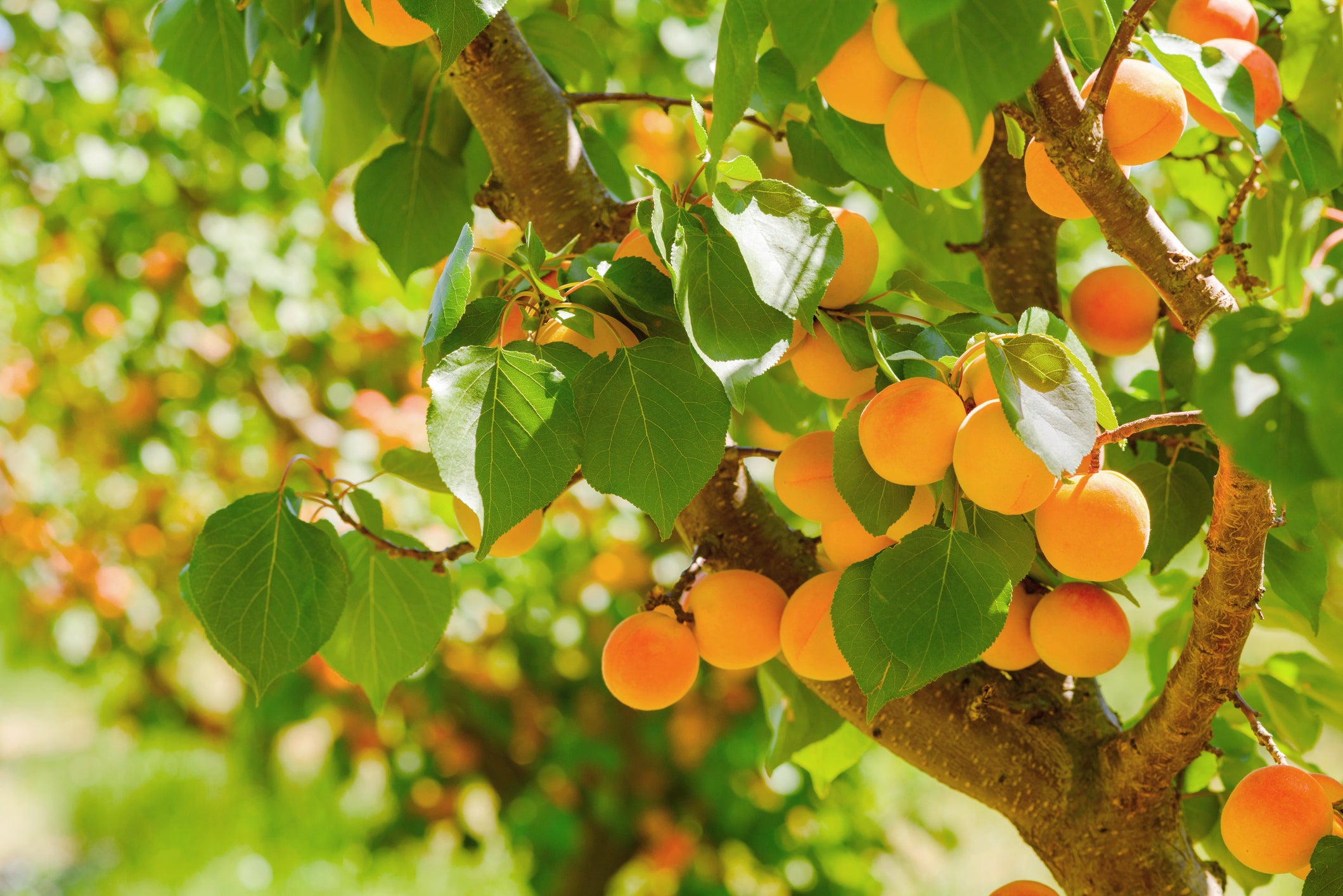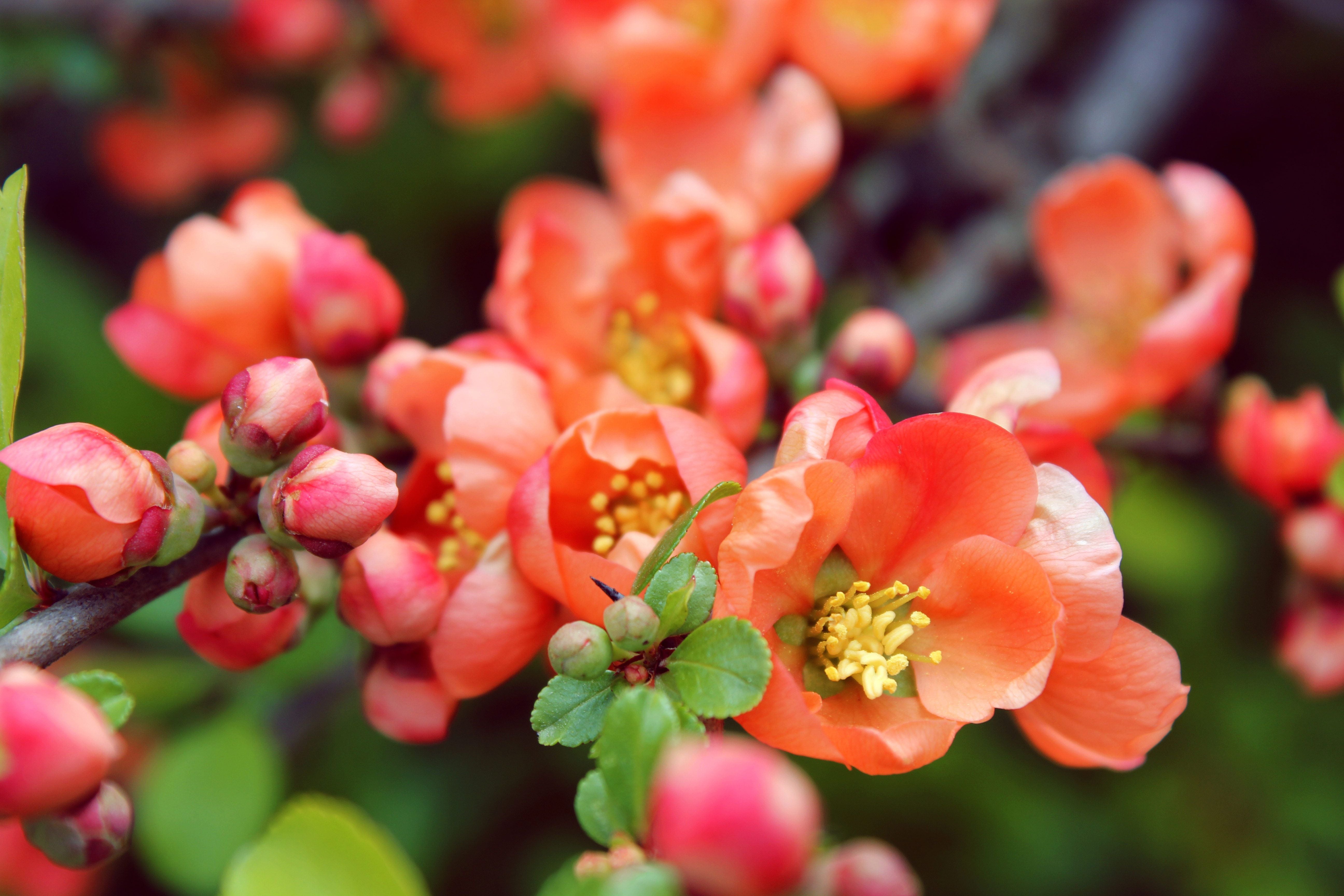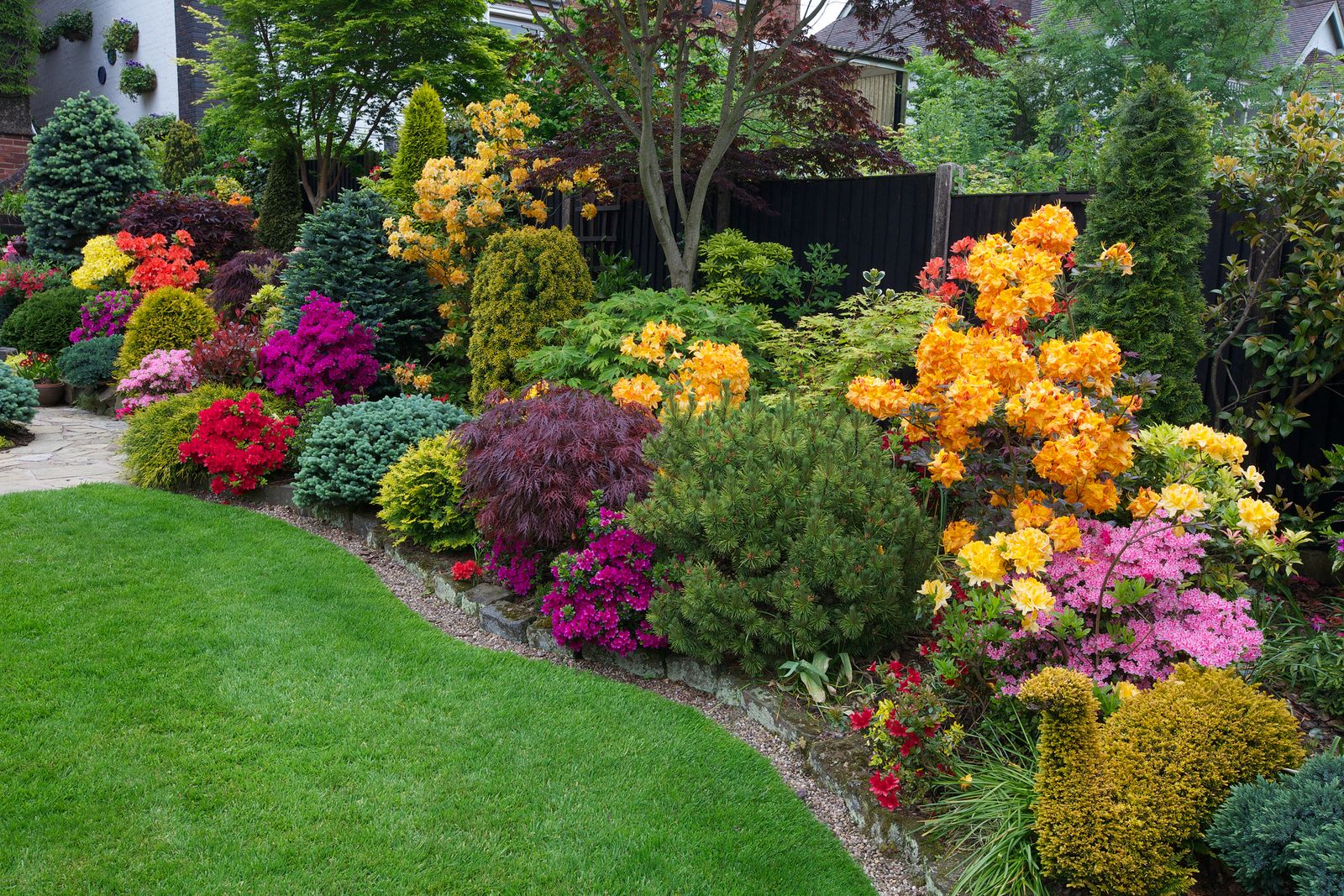6 Types Of Nut Trees For Your Garden

If you're looking to enhance your garden with productive and attractive trees, consider adding nut trees. These trees not only provide delicious nuts but also add beauty and structure to your landscape. Whether you prefer classic favorites or more unusual varieties, there's always an option for every garden. In this blog, we will walk you through several types of nut trees, giving you insights into their characteristics, benefits, and care requirements.
Six Common Types of Nut Trees
- Chestnut Trees
Chestnut trees are beloved for their sweet, nutty flavor and impressive size. While the American chestnut was once a dominant tree in Eastern forests, it's now less common due to a devastating blight. However, restoration efforts are ongoing. The European chestnut is a great alternative, thriving in well-drained, loamy soil and showing good resistance to the blight.
Chinese chestnuts are another excellent option for your garden. These smaller trees, reaching about 30 to 40 feet, produce large, spiny burrs containing the edible nuts. They are hardy and adaptable, making them suitable for various soil types and climates.
When planting chestnuts, remember to plant at least two trees for cross-pollination to ensure a good nut crop. Additionally, chestnut trees need ample space to develop their large root systems, so plan accordingly in your garden.
- Hazelnut Trees
Hazelnut trees, also known as filberts, are ideal for smaller gardens or as part of a mixed hedge. These trees are relatively compact, typically growing to about 10 to 15 feet in height. They produce small, round nuts encased in a thin, husk-like shell. Hazelnuts are known for their rich, sweet flavor and are commonly used in baking and confectionery.
Hazelnut trees are hardy and can tolerate a range of soil conditions, though they prefer well-drained, slightly acidic soils. They do well in temperate climates and require regular watering to maintain healthy growth. Planting multiple hazelnut trees is recommended to ensure good pollination and nut production, as they are usually not self-pollinating.
- Pecan Trees
Pecan trees are a fantastic choice if you live in a warmer region and love large, sweet nuts. These trees can grow impressively tall, often reaching 70 to 100 feet. They need a long growing season to produce nuts, thriving best in deep, well-drained soils with full sunlight.
When planting pecan trees, make sure to space them properly to accommodate their size and extensive root systems. Keep in mind that they have high water requirements, especially during the nut-filling stage. Regular watering and good soil management are key to ensuring a successful harvest.
- Almond Trees
Almond trees are a fantastic choice if you want a blend of ornamental beauty and practical benefits in your garden. Native to the Mediterranean, these trees thrive in warm climates with well-drained soil. They usually grow to about 10 to 15 feet tall and spread around 10 feet wide. In early spring, almond trees produce fragrant pink or white flowers, followed by edible nuts encased in a hard shell.
When planting almond trees, make sure to consider their chilling requirements. They need a certain number of cold hours during winter to bloom and produce nuts properly. If you live in a milder climate, look for dwarf varieties that can be grown in containers or smaller garden spaces.
- Walnut Trees
Walnut trees are another excellent option if you are interested in nut production. There are two primary types: English walnuts and black walnuts. English walnuts are known for their smooth, light-colored shells and mild flavor. They are commonly grown in temperate regions and require well-drained soil with a slightly acidic to neutral pH.
Black walnuts, on the other hand, produce nuts with a much stronger flavor and a thicker, more rugged shell. These trees are well-suited to regions with a more varied climate and can grow quite large, reaching heights of 50 to 75 feet. The black walnut tree is also valued for its dark, dense wood, which is used in fine furniture making.
Both types of walnut trees need space to grow and thrive, so you should plant them away from structures and other plants. Additionally, please note that walnuts have a natural chemical called juglone that can inhibit the growth of some other plants.
- Macadamia Trees
Macadamia trees are a great addition to your garden if you live in a tropical or subtropical climate. Originally from Australia, these trees are loved for their rich, buttery nuts. Macadamia trees grow slowly, eventually reaching about 30 to 40 feet tall, and their glossy, dark green leaves add an attractive touch to any garden.
For the best results, plant your macadamia tree in well-drained soil with a slightly acidic to neutral pH. Since these trees are sensitive to frost, make sure to choose a frost-free area for planting. Macadamia trees are relatively low-maintenance but do benefit from regular feeding and watering to help them grow and produce nuts.
Enhance Your Garden with Premium Nut Trees from Tristar Plants
Choosing the right types of nut trees for your garden can provide a range of benefits, from fresh, homegrown nuts to beautiful and functional landscape features. Each variety has its specific needs and characteristics, so consider your local climate, soil conditions, and space availability when making your selection. Whether you opt for the classic almond or walnut, the sweet chestnut, or the exotic macadamia, adding nut trees to your garden is a rewarding endeavor that can yield delicious results for years to come.
Looking to enrich your garden with the best types of nut trees? At Tristar Plants, we offer a curated selection of high-quality nut trees. Our fast delivery and superior packaging ensure your plants arrive in perfect condition. Plus, our expert team provides personalized care advice and detailed instructional guides with every order.
So don’t miss out. Explore our plant collection today and enjoy top-notch customer service and premium plants that will thrive in your garden. Shop now at Tristar Plants and get started on your nut tree adventure with us!


